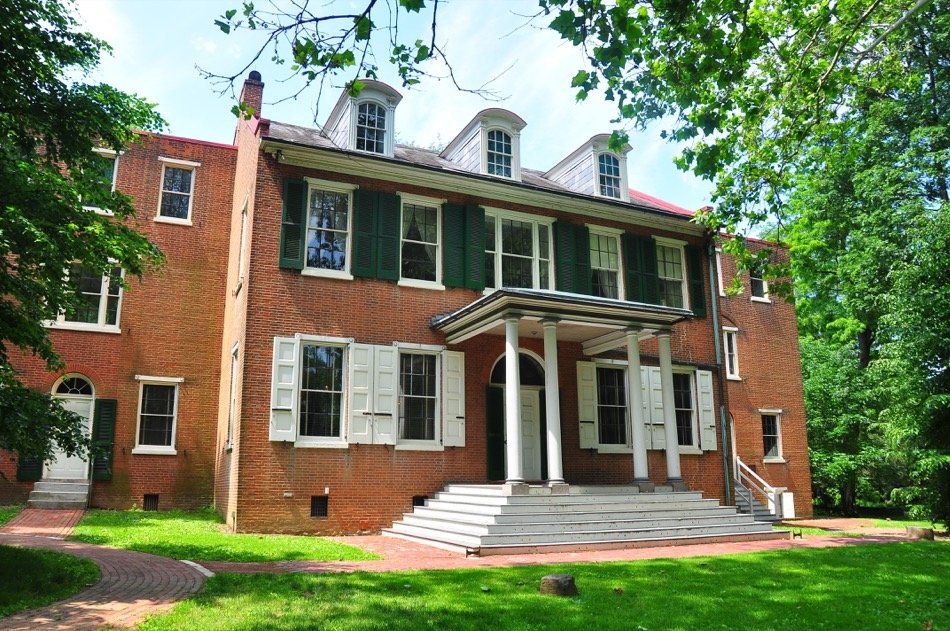Buying and Owning a Historic Home
Posted by Justin Havre on Monday, January 13th, 2020 at 10:33am.
 Many Evanston home buyers dream of owning a slice of history—a home that is decades or a century old that may have even seen a historic event or two. Historic homes are a real option that many home buyers look into when deciding what sort of home they want to purchase. In order to be a historic home, a home must have had a historic figure living in it or have had a historic event take place within it. However, owning a historic home comes with a lot of things that buyers need to know beforehand. Here is what all buyers need to know about purchasing a historic home before they submit their offer.
Many Evanston home buyers dream of owning a slice of history—a home that is decades or a century old that may have even seen a historic event or two. Historic homes are a real option that many home buyers look into when deciding what sort of home they want to purchase. In order to be a historic home, a home must have had a historic figure living in it or have had a historic event take place within it. However, owning a historic home comes with a lot of things that buyers need to know beforehand. Here is what all buyers need to know about purchasing a historic home before they submit their offer.
For informational purposes only. Always consult with a licensed real estate professional before proceeding with any real estate transaction.
Some Historic Homes Have Outdoor Stairs
It’s more common in some provinces, especially Quebec, than others, but many historic homes do not have staircases inside. In order to save space inside the home, architects built the stairs on the home’s exterior. This means the people living inside the home need to go outside in order to get to another half of their own home, which can be especially tedious during the cold Canadian winters. However, homes in this style aren’t especially common outside Quebec.
Renovations Are Regulated
Many buyers who want a historic home think they can do whatever they want with the home after purchasing it. However, it isn’t quite that simple. In order to preserve the integrity of the home and keep as many of its historic aspects in tact, the government will regulate what can and can’t be done with a home. This can include things such as what sort of wood is used for the floors if they need to be replaced or other situations like this. Home buyers who want to have complete control over their home and what they do with it may not want to purchase a historic home.
Renovations Can Be Difficult
In addition to being heavily restricted, historic homes also have the distinct challenge of being difficult to renovate for most people. Many historic homes are sold as fixer-uppers, which means they often need a lot of work before they can be considered livable. On top of that, many historic homes use materials and techniques that aren’t common anymore, so it can be difficult to find a contractor who is familiar with building methods that haven’t been used for decades or longer. Historic homeowners need to be aware of the challenge their home presents and have a plan of action for how they’re going to take care of their new home.
Historic Homes Provide Tax Incentives
While historic homes can be more restrictive with what can and can’t be done with them, many historic homes are eligible for tax exemptions. The different types of tax incentives and exemptions will vary, depending on the province and city the home is located in. Home buyers can potentially gain grants, tax breaks, and other advantages for taking on the challenge of owning a historic home. Before purchasing a historic home, the buyer should research what benefits they’re eligible for, especially if it’s going to be one of the major deciding factors.
Owning a historic home can be a dream come true for many home buyers, but no one should jump into purchasing this type of home without doing proper research. Historic homes require a lot of time and effort that isn’t required of modern homes, and buyers need to be completely sure this type of home fits their lifestyle before purchasing one.
For informational purposes only. Always consult with a licensed real estate professional before proceeding with any real estate transaction.
